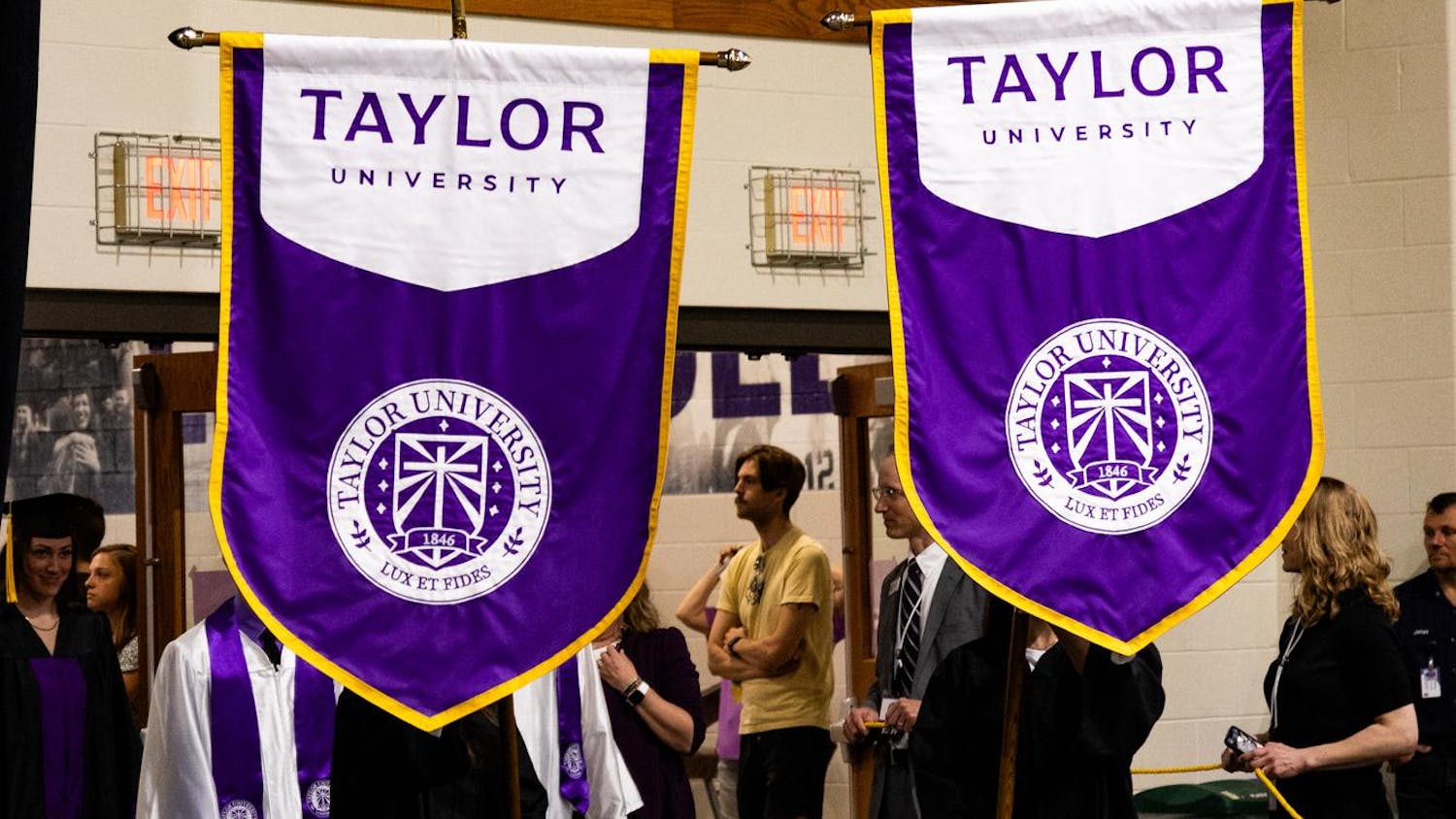By Laura Koenig | Echo
 Adulting. It includes jobs, bills, houses, cars and insurance. Part of this "real world" experience is sorting through employer benefit packages, including health insurance. These days, news outlets constantly report on health insurance as Congress debates reforms to the Affordable Care Act. But even with these changes, there are basic elements that apply to finding health care.
Adulting. It includes jobs, bills, houses, cars and insurance. Part of this "real world" experience is sorting through employer benefit packages, including health insurance. These days, news outlets constantly report on health insurance as Congress debates reforms to the Affordable Care Act. But even with these changes, there are basic elements that apply to finding health care.
There are three main options for young adults looking at health insurance: stay on a parent's plan until age 26, accept a future employer's insurance or pay for private insurance.
No matter which option is being considered, Dr. Stephen A. Phillips, an M.D. practicing in Hartford City, gave his professional opinion on looking for health insurance.
First, young adults must realize they need insurance, even though it's expensive. With the flurry of graduating, finding a job and settling somewhere new, it's easy to put health insurance at the bottom of the priority list.
"I really think it's something that is very easy for new graduates to neglect," Dr. Phillips said. "It's because you're young, healthy and vulnerable. You believe that (a health problem) isn't going to happen to (you), and statistically, it's probably not going to happen to you. But it's still an important thing to be responsible about and take care of."
Once health care becomes a priority, graduates will soon realize the burden of the expense. For those looking at private insurance, the government may provide a savings opportunity. According to healthcare.gov, more than eight in 10 people under 30 are eligible for savings.
Second, it's important to understand the limitations of each health plan. A plan may have lower premiums (monthly or bi-monthly payments); however, that usually means higher deductibles and more out-of-pocket costs.
Taylor University's Employee Benefit Specialist, Marla Persinger, asked her daughter questions when she started looking for insurance including: Are you on any medication? How many times will you go to the doctor? What kinds of medical expenses will you incur? Which plan will benefit you the most? How healthy are you? These kinds of questions will help guide graduates to the plan that will help them the most.
Finally, each plan has its own network of doctors, and it's essential to understand which doctors the insurance plan covers. Each doctor network will depend on each person's community. There are pros and cons to each package, so it's important to pay attention to the details.
The details can be challenging to sort through, according to Dr. Phillips, but there are people available to help answer questions. If an employer does not offer insurance, often times fellow employees can help give direction.
"Many times, the best advice comes from people who live in the community that you're going to be living in and had experience with needing and getting health care in that community," Dr. Phillips said. "They will know where the problems are. But it has to be local because healthcare is very local."
If an employer provides a health insurance plan, their human resources department should have people available to answer questions. As part of human resources, Persinger explains Taylor's health insurance plan to new employees during a new employees' orientation. She makes sure each employee understands his or her benefits.
Young married couples may have the opportunity to be on the same plan or on different ones, depending on their situations. Businesses are leaning toward spousal carve outs: if the husband and wife's separate employers both offer health insurance, they may be required to be on separate plans through their respective employers.
No matter what kind of insurance plans graduates choose, it's important to look at the entire benefits package an employer offers, including retirement and matching.
"I would just encourage (students) to look at all the benefits," Persinger said. "Even though you're not making a lot in your wages, the benefit package is significant."




